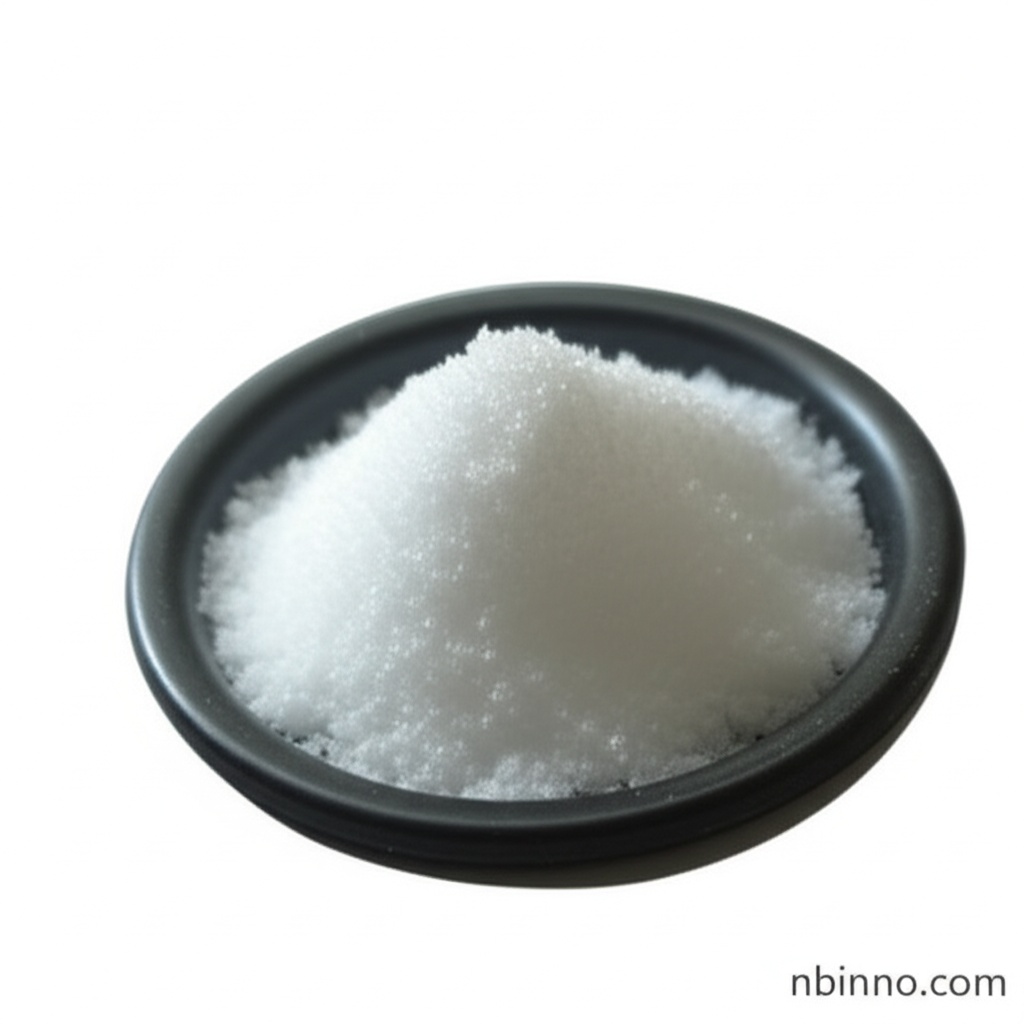Caffeic Acid Phenethyl Ester (CAPE): Properties, Applications, and Role in Neutrophil Modulation
Discover the potent anti-inflammatory and immunomodulatory benefits of CAPE, a natural compound with significant therapeutic potential.
Get a Quote & SampleProduct Core Value

Caffeic Acid Phenethyl Ester
Caffeic Acid Phenethyl Ester (CAPE) is a vital compound derived from propolis, renowned for its significant anti-inflammatory, antioxidant, anti-mitogenic, and immunomodulatory properties. It plays a crucial role in modulating cellular responses and is a key focus for advancements in therapeutic applications.
- Research into Caffeic acid phenethyl ester suppliers highlights its growing importance in the pharmaceutical and research sectors.
- Understanding the anti-inflammatory properties of CAPE offers new avenues for treating conditions driven by excessive inflammation.
- The immunomodulatory effects of CAPE are critical for developing treatments that fine-tune immune responses in various diseases.
- Studies on MAPK signaling pathway inhibition by CAPE demonstrate its intricate mechanism in cellular regulation.
Key Advantages Offered
Potent Anti-inflammatory Action
CAPE effectively suppresses pro-inflammatory cytokines like TNF-α and IL-6, as well as key signaling pathways such as ERK1/2 and JNK, crucial for managing inflammatory conditions.
Immunomodulatory Capabilities
The compound's ability to fine-tune immune responses makes it valuable for conditions where immune system regulation is paramount, contributing to the understanding of immunomodulatory effects of CAPE.
Neutrophil Function Regulation
CAPE influences neutrophil phagocytosis, offering insights into its application in sepsis treatment and other immune-related pathologies where neutrophil activity is central.
Key Applications
Pharmaceutical Research
CAPE serves as a vital research tool for exploring treatments related to inflammation, cancer, and immune disorders, driven by its anti-carcinogenic and anti-mitogenic properties.
Inflammation Management
Its powerful anti-inflammatory properties make it a candidate for developing therapies aimed at reducing chronic inflammation and its associated pathologies.
Immunological Studies
CAPE is instrumental in studies investigating immune system modulation, particularly its effects on neutrophil function and inflammatory cytokine production.
Potential in Sepsis Treatment
The documented modulation of neutrophil activity by CAPE suggests its potential utility in managing sepsis and other acute inflammatory diseases.
